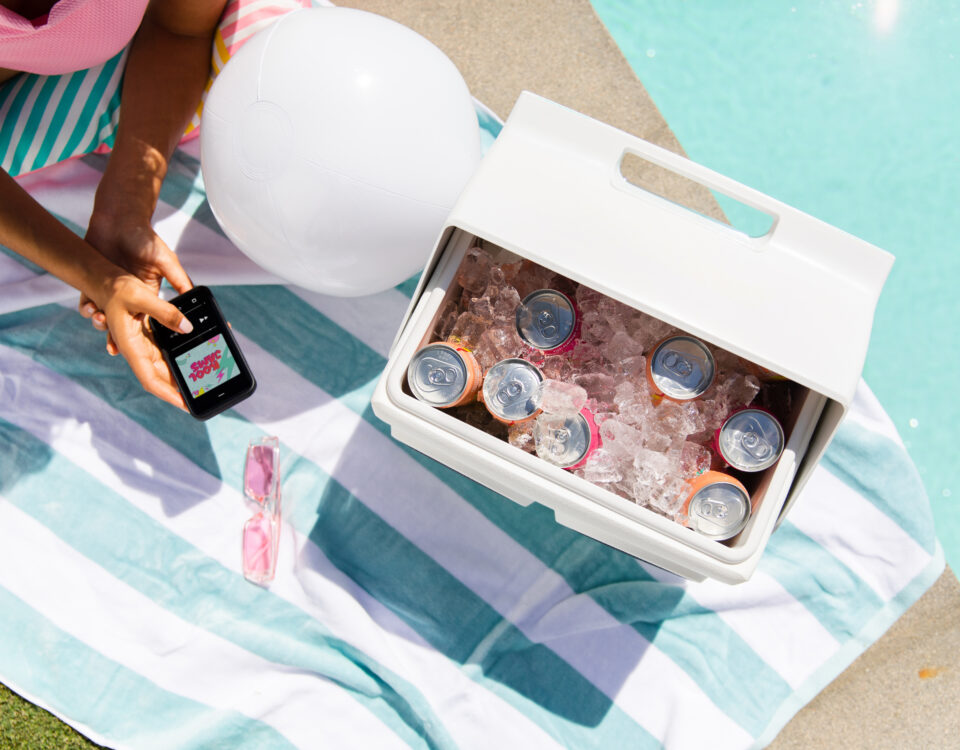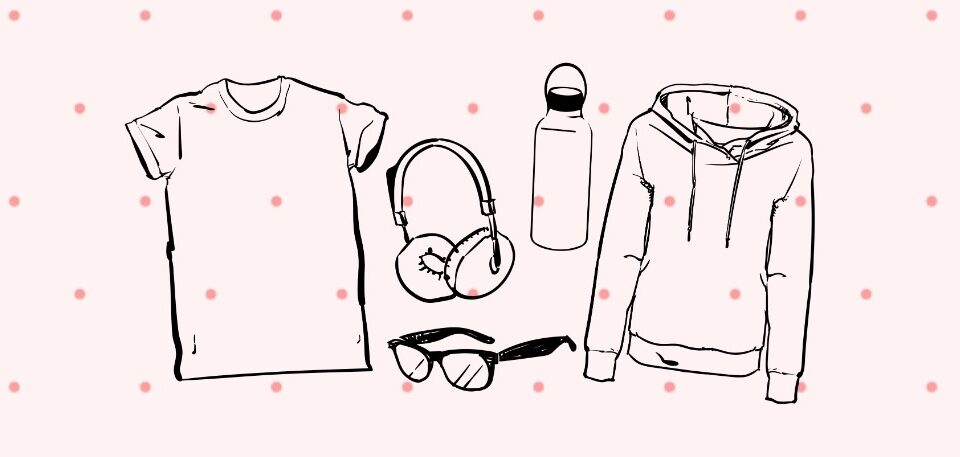
Where to Spot Color Trends
April 30, 2019
Get Your Timing Right!
May 28, 2019People like to buy from people, so the more you can develop relationships with your customers, the more effective your marketing will be. This is where relationship marketing comes in.
Relationship marketing is a broad term that focuses on customer loyalty, retention, and satisfaction rather than primarily on sales. Instead of saying, for example, “Don, we know that you’ll really love our new product,” you relate to your customers as you would to a friend, based on who they are.
What might this look like in action? Let’s say you own a small shop selling running gear. Any time a customer purchases a product, you ask if they would like to be on your mailing list. If so, you collect their name, address, e-mail address, age, and typical length of run. Based on your sales receipts, you know their shoe size and other buying habits.
Once a month, you send out a customer newsletter incorporating this information. In the base newsletter, you might provide running tips, healthy eating suggestions, and information on local races. In terms of sales, you might weave in appropriate cross-sells and upsells based on the length and type (road, trail) your customer runs. In the winter, you might offer distance runners special “wicking” gear that moves moisture away from the body, keeping them warmer. In the summer, you might offer them sport bottles, electrolyte tablets, and compression socks.
The intent here is to communicate: “We know you.” Occasionally, you might do a customer survey or ask for feedback, too. This deepens the customer’s feeling of being valued and, if there are problems, you can address them. You can gather ideas, such as suggestions for new products, too. Surveys also give you more information to further personalize future mailings.
When contrasted with traditional push marketing, if you were your company’s customer, which type of marketing would you be more likely to respond to?




